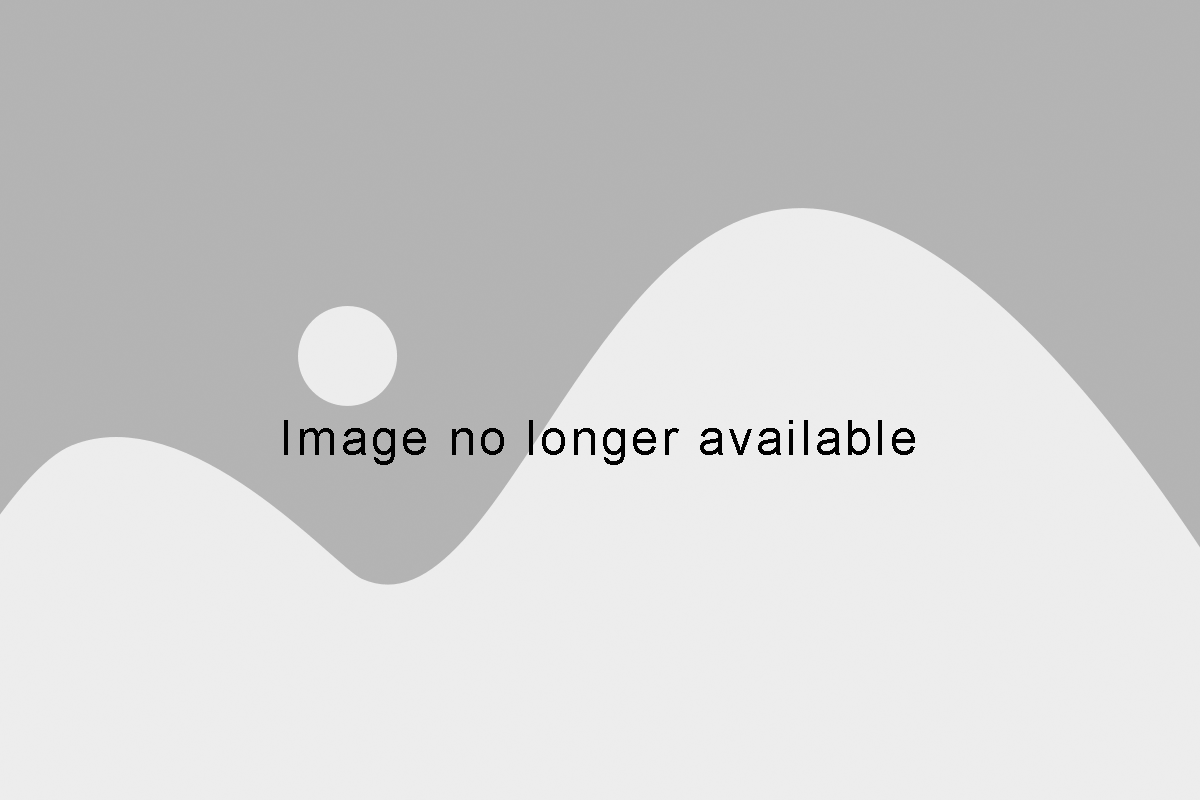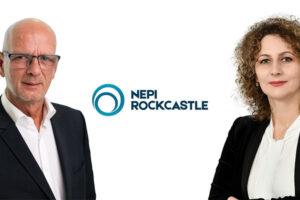Further cooperation after a successful pilot project
After a successful pilot project at the beginning of March, the first edition of 50,000 goodbags sold out in no time. Now the cooperation between the start-up and the retail giant is entering the second round. As part of the pilot, plastic bags were fished out of the ocean and 50,000 trees were planted – for every goodbag sold, an additional tree is planted with the NGO WeForest. The goodbag’s highlight is not in the design or the practical inside pocket, but in the bag’s label, which contains an NFC chip.
The chip turns a conventional shopping bag into a tool customers can use to make the world a better place every time they go shopping with it.Every time customers are in a Denner store and hold their smartphone (with the goodbag app installed) to the label on their goodbag, an amount is donated to the organization One Earth – One Ocean. With goodbag protecting the environment becomes a playful and interactive experience. In the goodbag app users can track their own impact and complete various challenges.
The intelligent bag that fishes plastic out of the ocean
The goodbag is the first intelligent, reusable shopping bag that rewards people for shopping. The goal of bgood and Denner is to use the goodbag solution to encourage as many customers as possible to use reusable bags and to make shopping even more sustainable, by enabling them to fish plastic out of the sea with every purchase.Plastic pollution is a global challenge. An estimated 150 million tonnes of plastic circulate in the world’s oceans, and more than 8 million tonnes are added every year. The NGO One Earth – One Ocean collects plastic waste from the oceans with its own ships and thus makes a contribution against plastic pollution in the oceans.
The idea was born in a Swedish forrest
goodbag was created by the two co-founders Christoph Hantschk and Todor Lazov while at the IKEA Startup Bootcamp, where they lived in the Swedish Forrests for three months working on solutions to benefit the circular economy. It is based on the nudging principle developed by the behavioural economist and Nobel Prize winner Richard Thaler: people are motivated to take certain actions by means of small recommendations for action and incentives. “With the goodbag we create a special shopping experience. Customers can easily do good in everyday life and at the same time see that every little action is important for a more sustainable future,” says goodbag co-founder Christoph Hantschk. Currently the goodbag has over 1,000 partner stores in 7 countries and it can be used to fish plastic out of the ocean in over 2 million stores throughout Europe.

goodbag was created by the two co-founders Christoph Hantschk and Todor Lazov while at the IKEA Startup Bootcamp, where they lived in the Swedish Forrests for three months working on solutions to benefit the circular economy. It is based on the nudging principle developed by the behavioural economist and Nobel Prize winner Richard Thaler: people are motivated to take certain actions by means of small recommendations for action and incentives. “With the goodbag we create a special shopping experience. Customers can easily do good in everyday life and at the same time see that every little action is important for a more sustainable future,” says goodbag co-founder Christoph Hantschk. Currently the goodbag has over 1,000 partner stores in 7 countries and it can be used to fish plastic out of the ocean in over 2 million stores throughout Europe.
Image: f.l.t.r.: Christoph Hantschk (CEO & Co-Founder von goodbag), Todor Lazov (CTO & Co-Founder von goodbag). Credit: goodbag







